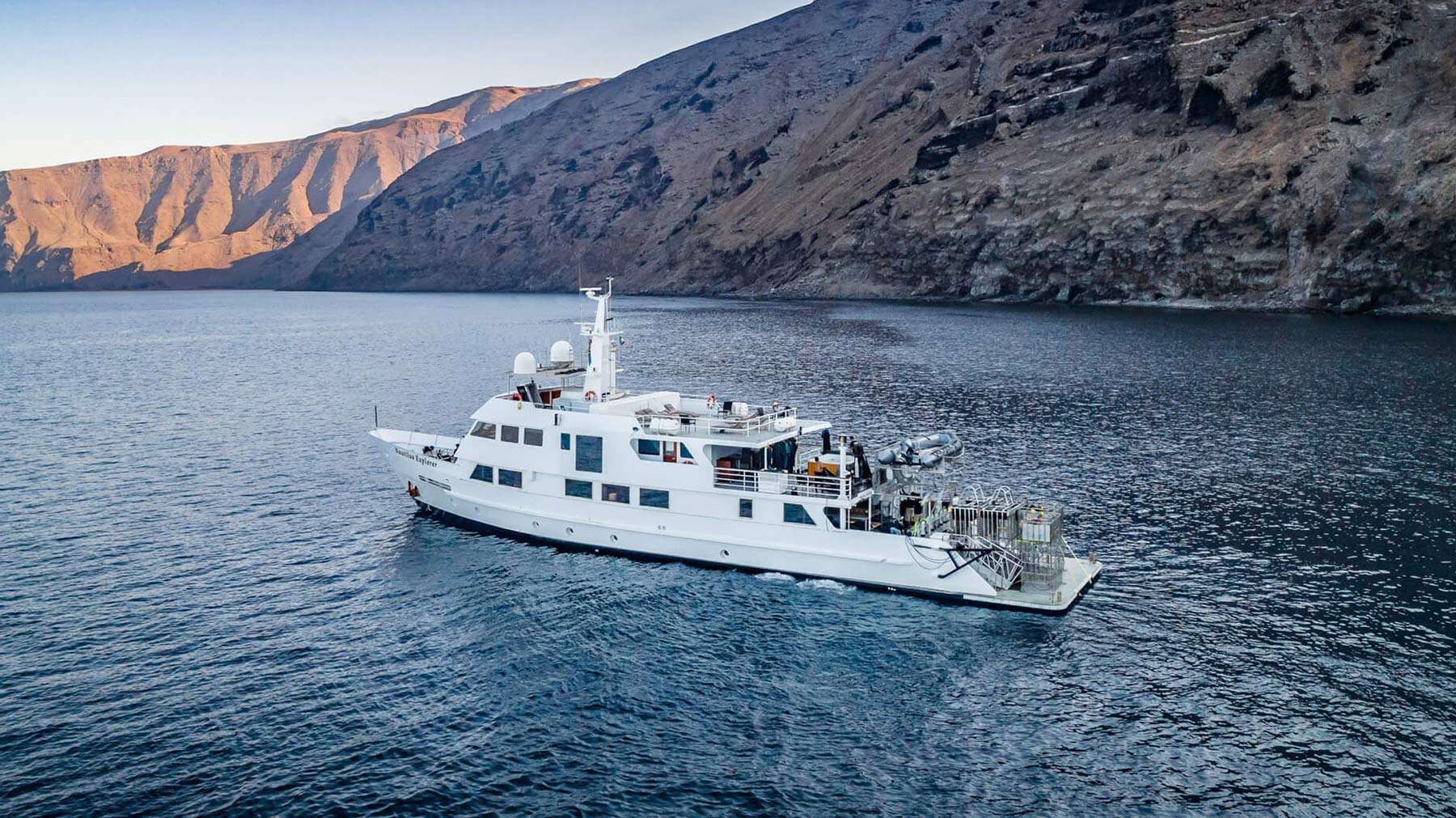Wookie
Proud to be a Chaos Muppet
Staff member
ScubaBoard Business Sponsor
ScubaBoard Supporter
Scuba Instructor
Since we are down to a handful of underwriters in the world, I would think that going to Ryan Meyer would result in better results.using media reports, and then SB to find and verify the media reports, when working in a global non universal accident reporting mechanism is not terribly bad given the limitations. I am sure that it was a discussion with his academic advisor. Obviously for a masters or doctoral thesis/dissertation the burden would be higher, but I don't find it problematic for the level, nor the sources as primary sources from official sources like a .gov. Remember that primary sources include news by reporter witnessed events, or the quotes of those that did witness. So, even primary sources in a big picture are not what would be considered as proof in a court nor in math, engineering or say business where you (should) be using much more quantitative data over qualitative
SOMEONE is keeping track of liveaboard accidents. Just not governments.
That would get you the crew injuries and passenger injuries as well, as they get reported if there is a chance of needing coverage later....




